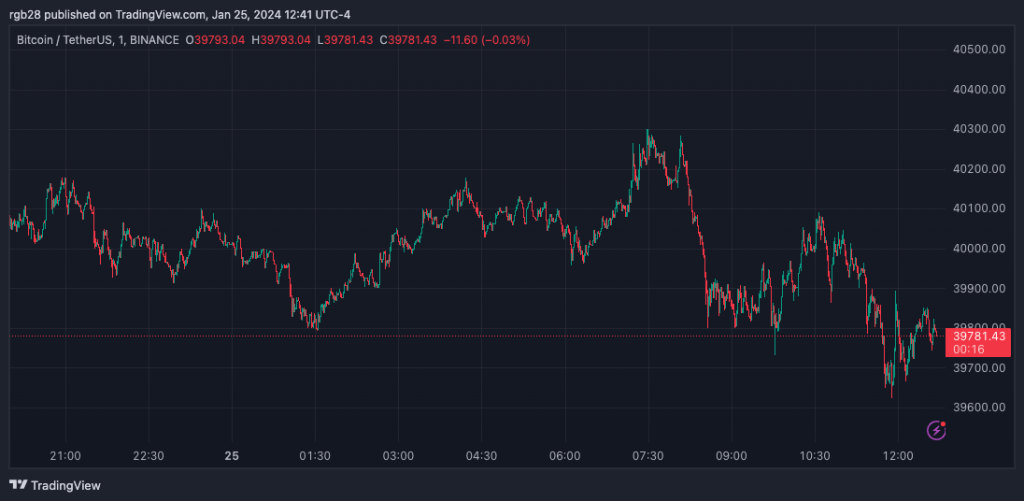On January 25, the Bank of England (BoE) and HM Treasury published a response to the Consultation Paper regarding a ‘digital pound’ issued in February of 2023. The consultation paper sought the public’s feedback on introducing a UK central bank digital currency (CDBC).
Is The UK Ready To Introduce Their CBDC?
The BoE and HM Treasury consider that introducing a CBDC could provide people with an “additional choice of safe payment that is fit for the future,” unlock development opportunities for businesses, and make day-to-day payments more “convenient” while reducing costs for those who accept them.
The consultation response highlighted that the consultation marked the beginning of the design phase of the digital pound project and, according to the BoE and HM Treasury, the developing process of a CBDC and its platform will present lasting benefits for the digital economy of the country, regardless of the decision that is ultimately taken.
The consultation collected over 50,000 responses from the public, including individuals, businesses, and academia. The feedback illustrated some general concerns the respondents had regarding the digital pound.
Due to these concerns, the response by the BoE and UK Treasury determined that “it is too early” to decide whether to introduce a digital pound, as the feedback makes clear “that legislation introduced by the Government for a digital pound would need to provide protections to guarantee users’ privacy and control of their money.”
Respondents Concern Over A Digital Pound
The feedback received from the respondents brought forward two key concerns: privacy and the possibility of cash being replaced.
The response clarified that a digital pound would not replace cash, any existing form of money, or payment like debit and credit cards. However, it would complement physical money and other payment methods “as a new form of digital money for use by households and businesses for their everyday payment needs.”
To guarantee this, the response explained that “the Government has legislated to safeguard access to cash, ensuring that it would remain available even if a digital pound were launched.”
Regarding user privacy, the response acknowledged the importance of ensuring trust in a CBDC issued by the central bank is essential. Therefore, to guarantee that privacy is a core design feature of a digital pound, the following measures were made: the BoE and HM Treasury won’t have access to users’ data.
The BoE committed to exploring technological options to prevent the bank from accessing users’ data through its core infrastructure, and the BoE and UK Treasury would not program the digital pound.
The BoE and HM Treasury assured their commitment “to maintaining an open and collaborative approach throughout this design phase” by increasing both organization’s engagement with experts from the industry, civil society, academics, and technical specialists.
Lastly, the response confirms that experiments will be undertaken with companies “to test how a digital pound could work in the real world.”
The launch of the CBDC will be decided after the design phase culminates around 2025. If the decision to build a digital pound is taken, its introduction will come only after both Houses of Parliament have passed the relevant legislation.




